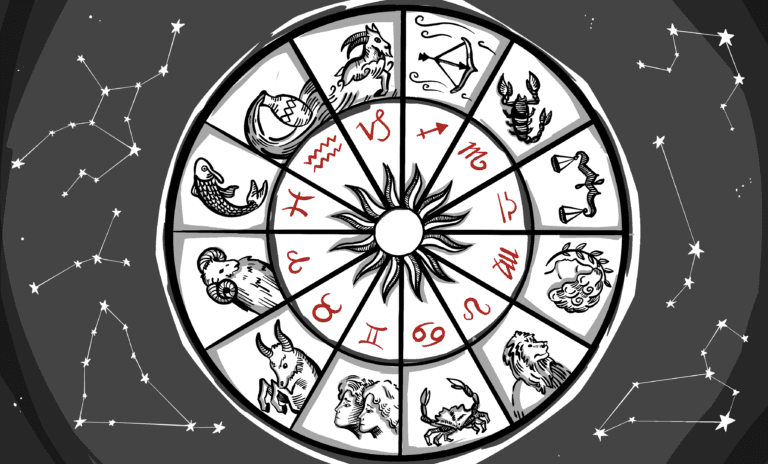For fans of her earlier novel, “The Music of Bees,” Spokane native Eileen Garvin’s latest book, “Crow Talk,” is another uplifting story featuring wounded characters who find consolation in nature and forge unlikely friendships that foster hope and healing.
Frankie O’Neill feels like her life is coming apart at the seams. Her beloved father died recently in a terrible accident, her dissertation on the spotted owl has been derailed because of a rift with her advisor, and everything she does seems to be a disappointment to her mother. Feeling there is no way forward for her in Seattle, she heads for the family retreat at the base of Mount Adams, a place where she has always found comfort and restoration.
Frankie arrives at Beauty Bay — a remote enclave of a few summer homes reachable only by boat — with plans to regroup and try to revise her dissertation in a way that might regain the support of her advising professor. It is autumn and Frankie expects to be the only person at Beauty Bay, apart from the friendly mailperson who delivers mail and supplies by boat.
It is therefore a surprise when, after several days alone, the quiet of June Lake is broken by the sound of a large boat. To her chagrin, Tim Magnusen, his wife Anne and their son Aiden disembark at the communal dock. It’s been years since Frankie has seen Tim, heir to the Magnusen newspaper empire, and she has not yet met his wife and child and isn’t particularly keen to do so now.
Tim is preparing to take over editor-in-chief responsibilities from his father. Anne, an Irish musician teaching music composition at Cornish College of the Arts in Seattle, feels pressured to leave her teaching career to support Tim and make room for full-time social obligations. Their marital tension is exacerbated by the fact that 5-year-old Aiden completely stopped speaking several years ago and began having violent and uncontrollable outbursts.

Tim and Anne have quite different ideas about how they should respond to their son’s behavior. Specialists have recommended various therapies but have been unable to explain Aiden’s sudden silence. As Tim’s opinionated parents press for Aiden to be institutionalized, Anne responds by becoming increasingly protective of Aiden and defensive around Tim and his family. Tim hopes this family time at Beauty Bay will bring Anne around to seeing things his way.
When Aiden wanders away from the beach while Anne is napping in the sun and makes his way up the hill to Frankie’s cabin, his odd ways engage Frankie’s curiosity, and her sensitivity and ability to read Aiden’s body language earn Aiden’s trust. Frankie and Anne form a tenuous friendship after this encounter, finding comfort in each other’s company.
An injured baby crow that Frankie brings home to rehabilitate gives Frankie, Anne and Aiden something else to bond over, and a cataclysmic fall storm further forces this small community to pull together, finding grace in forgiveness and comfort in friendship.
Garvin, whose sister, Margaret, has profound autism, writes authoritatively about autism in all her novels and has also penned a memoir, “How to Be a Sister,” which describes growing up with an autistic sibling. “Crow Talk” is dedicated to Margaret “who taught me to listen.”
While “Crow Talk” is fiction, the research about crows included in the story is real. Dr. Marzluff, one of her University of Washington professors who encourages Frankie to expand her research into crow behavior, is based on John Marzluff, an author and actual professor of wildlife science at UW whose study demonstrating that crows identify and remember people’s faces is mentioned in the book.
Garvin intentionally set “Crow Talk” in the 1990s, before the technology of cell phones. There is something nostalgic and refreshing in the way this requires her characters to interact in person, with all the human awkwardness and vulnerability this can involve. A gentle, life-affirming story about the healing properties of the natural world and the ways connecting with others — human and avian — can be a balm for grief, sorrow and alienation.
Lisa Gresham is the collection services manager for the Whatcom County Library System, wcls.org.





